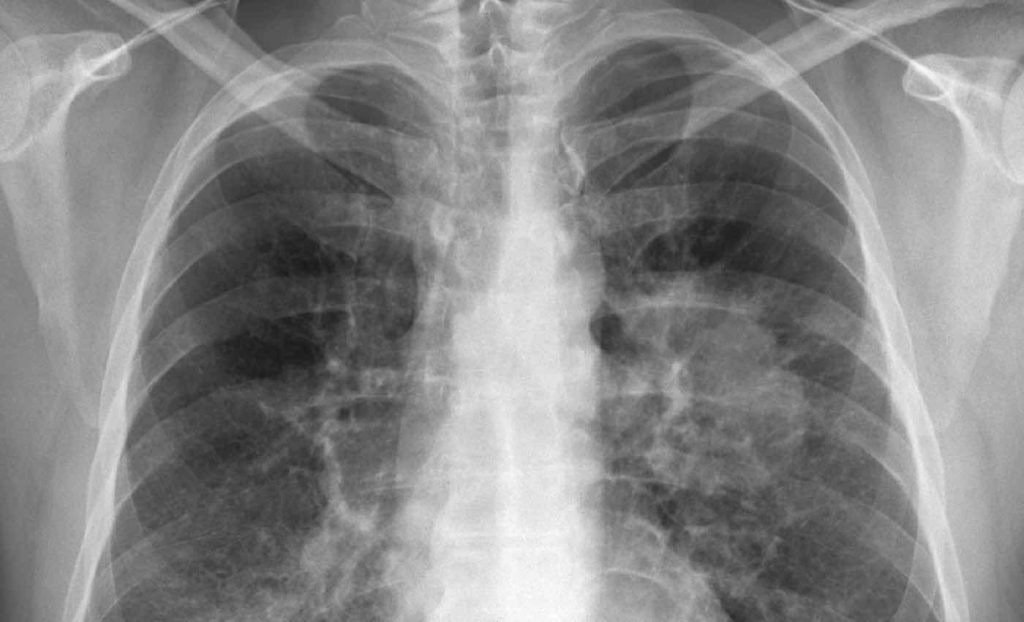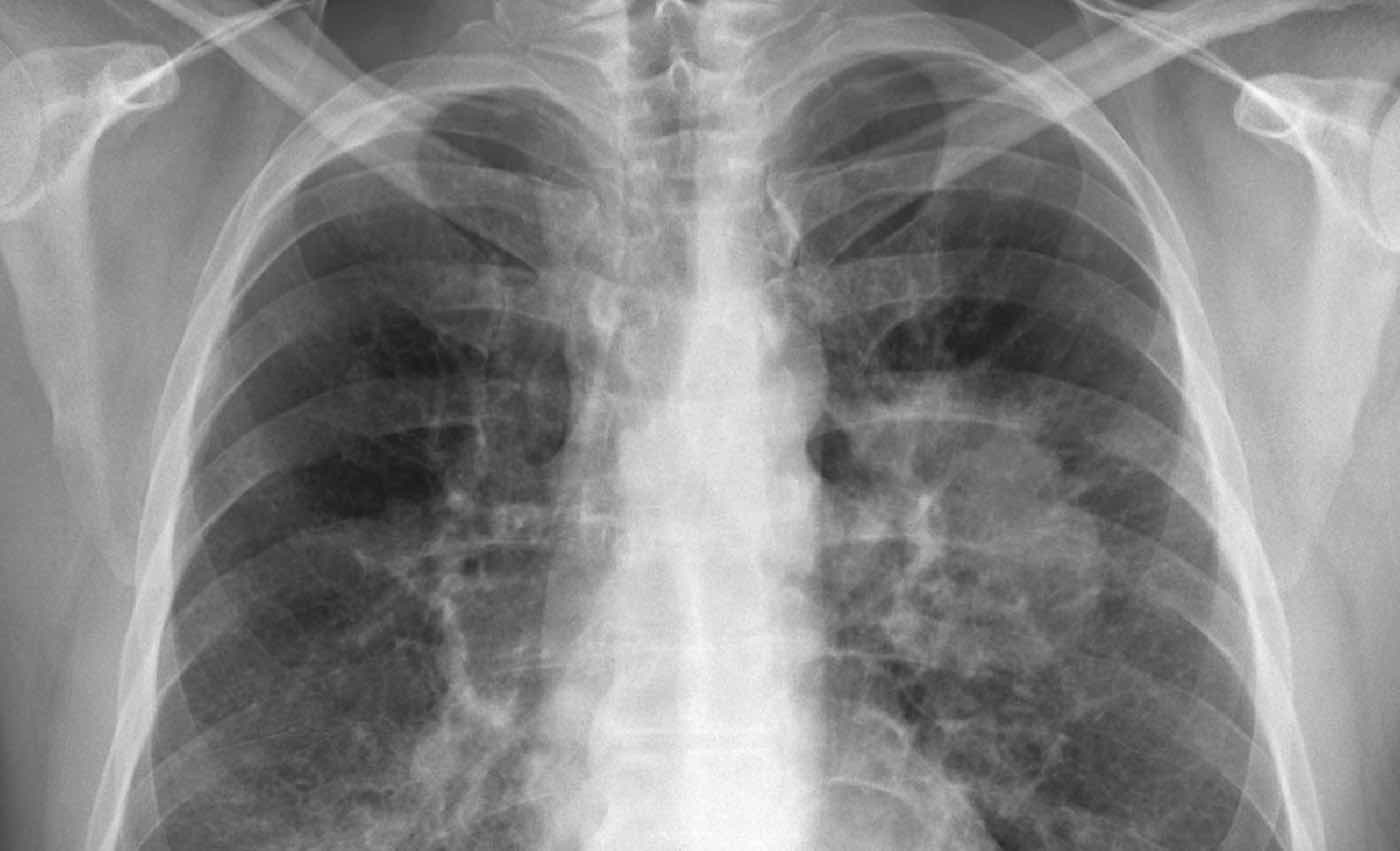
With lung cancer being the leading cause of cancer-related deaths worldwide, news of the unprecedented success of a new drug is sure to be celebrated.
The five-year results of a phase III trial present the longest progression-free survival data ever reported when treating non-small cell lung cancer (NSCLC) with a single targeted intervention.
Called lorlatinib, the drug is from a class of pioneering medications known as anaplastic lymphoma kinase inhibitors or ALK-inhibitors. ALK is a protein that can be utilized by tumor cells to help lung cancers, including NSCLC to spread, and is present in about 3 to 5% of cases—typically in young people with little or no smoking history. ALK-positive NSCLC is also more aggressive.
Lorlatinib is a third-generation ALK-inhibitor that was recently tested in a trial at the Peter MacCallum Cancer Center in Melbourne, Australia, of 296 patients with previously untreated, advanced ALK-positive NSCLC.
New Atlas called the findings remarkable, while the study lead author Ben Solomon told the Guardian they were unprecedented.
Five years after treatment, 60% of patients given lorlatinib were still alive without signs of disease progression, compared to 8% of patients in the control group who were given crizotinib, a first-generation ALK-inhibitor.
“This updated analysis shows that lorlatinib helped patients live longer without disease progression, with the majority of patients experiencing sustained benefit for over five years, including nearly all patients having protection from progression of disease in the brain,” Solomon told the press at the Peter Mac Center.
MORE SUPER CANCER NEWS: Glowing Dye Clings to Cancer Cells Giving Doctors ‘Second Pair of Eyes’
“These improvements in outcomes for patients with ALK-positive NSCLC represent a remarkable advancement in lung cancer.”
The most recent paper extends the follow-up window to 5 years, and consistent with the findings of the 2-year follow-up, lorlatinib is associated with a higher rate of non-cancer adverse health events than crizotinib, which is hypothesized to be a result of the drug increasing triglycerides and cholesterol.
STORIES OF SIMILAR IMPORTANCE: CAR-T Cell Therapy Achieves Near-Complete Tumor Regression in Brain Cancer After Five Days
However, adverse cardiovascular events are the same between the two, and it was found that the increase seen in lorlatinib could be eliminated by reducing the dose—all without reducing the effect it had on the NSCLC.
SHARE These Unprecedented Results In Fighting Off Non-Smoking Lung Cancer With Your Friends…




















